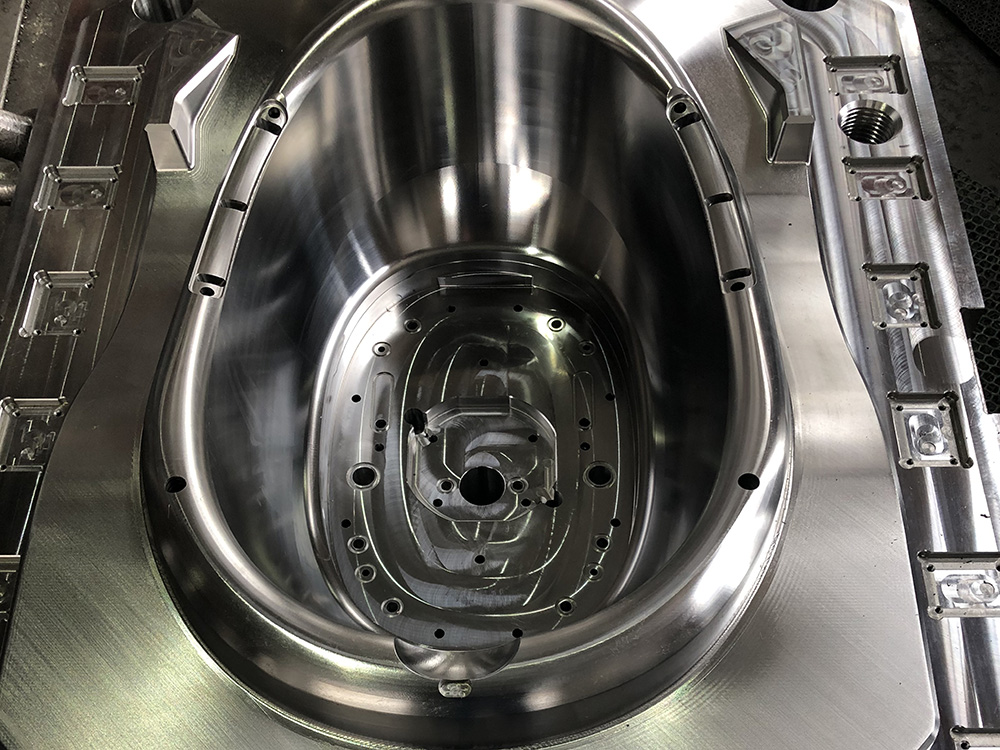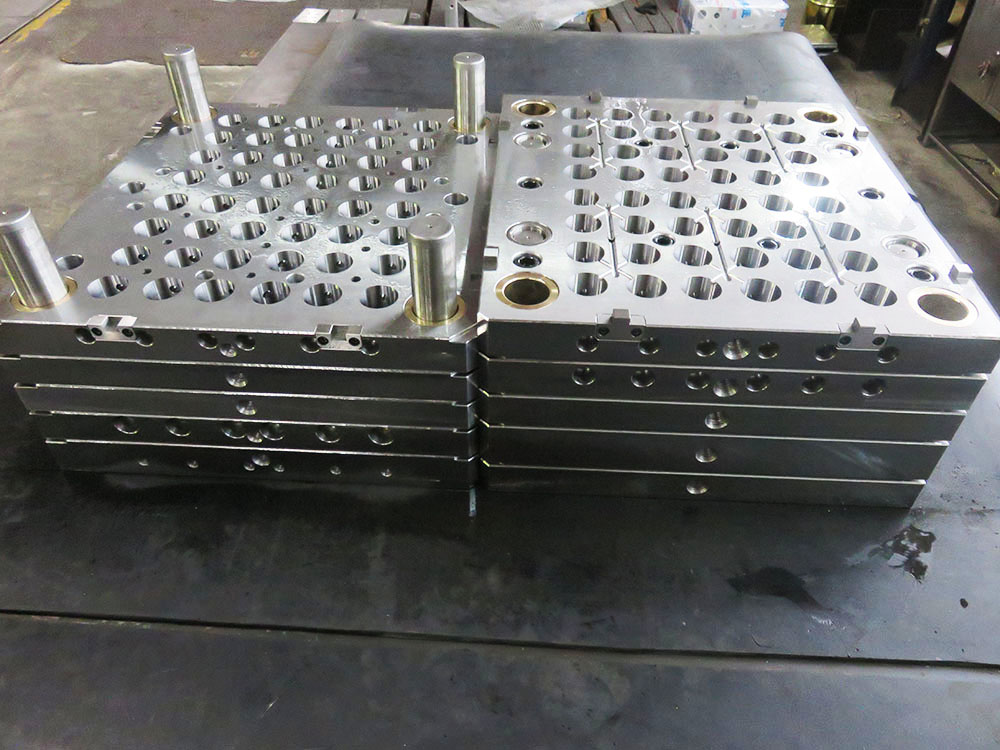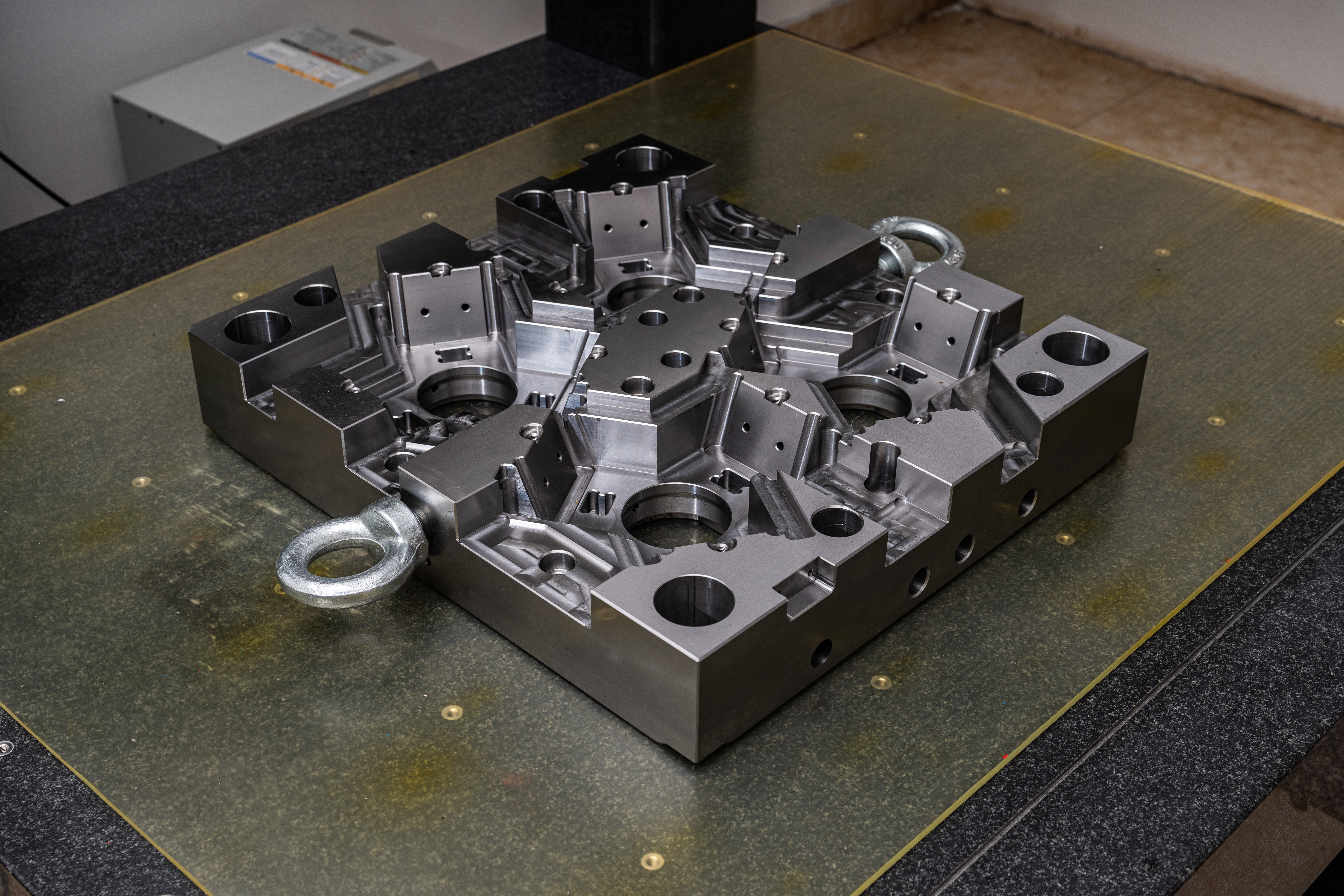Introduction
Forging die frames play a crucial role in the forging process, as they provide the necessary support and stability to the dies. The selection of the right material for forging die frames is essential to ensure optimum performance and durability. In this article, we will explore the different materials used for forging die frames and their characteristics.
Steel
Steel is one of the most commonly used materials for forging die frames due to its excellent mechanical properties. It offers high strength, good toughness, and moderate wear resistance. Typically, tool steels such as H13, P20, and D2 are preferred for die frame construction. These steels have a good balance of hardness and toughness, making them suitable for withstanding the repeated impact and thermal cycling during the forging process.
Aluminum
Aluminum die frames are commonly used in applications where weight reduction is a priority. Aluminum offers high strength-to-weight ratio, corrosion resistance, and excellent thermal conductivity. Additionally, it is easier to machine compared to steel, enabling faster production. However, aluminum die frames may not be as durable as steel frames and may require periodic maintenance to prevent deformation and cracking.
Ductile Iron
Ductile iron, also known as nodular cast iron, is another material commonly used for forging die frames. It possesses good mechanical properties, such as high strength, good machinability, and wear resistance. Ductile iron has the advantage of being less expensive than steel, while still providing sufficient strength and toughness for die frame applications. It is suitable for both small and large die frames.
Titanium
Titanium is a lightweight and highly corrosion-resistant material that finds applications in specialized forging processes. It offers excellent strength-to-weight ratio and is known for its high-temperature resistance. Titanium die frames are typically used in industries such as aerospace and defense, where extreme operating conditions are common. However, titanium is an expensive material, and its use is limited to specific applications where its unique properties are required.
Composite Materials
In recent years, composite materials have become increasingly popular in various industries, including forging die frame manufacturing. Composite die frames offer several advantages, such as high strength, low weight, and improved resistance to wear and thermal deformation. These frames are typically made by combining fibers, such as carbon or glass, with a matrix material, such as epoxy resin. Composite materials provide flexibility in design and can be tailored to meet specific performance requirements.
Conclusion
The selection of the right material for forging die frames is crucial to ensure optimal performance, durability, and cost-effectiveness. Steel, aluminum, ductile iron, titanium, and composite materials are among the commonly used materials for die frame construction. Each material has its own unique properties and characteristics, making it suitable for different applications. Manufacturers must carefully consider the requirements of their forging process and choose the material that best meets their needs.




